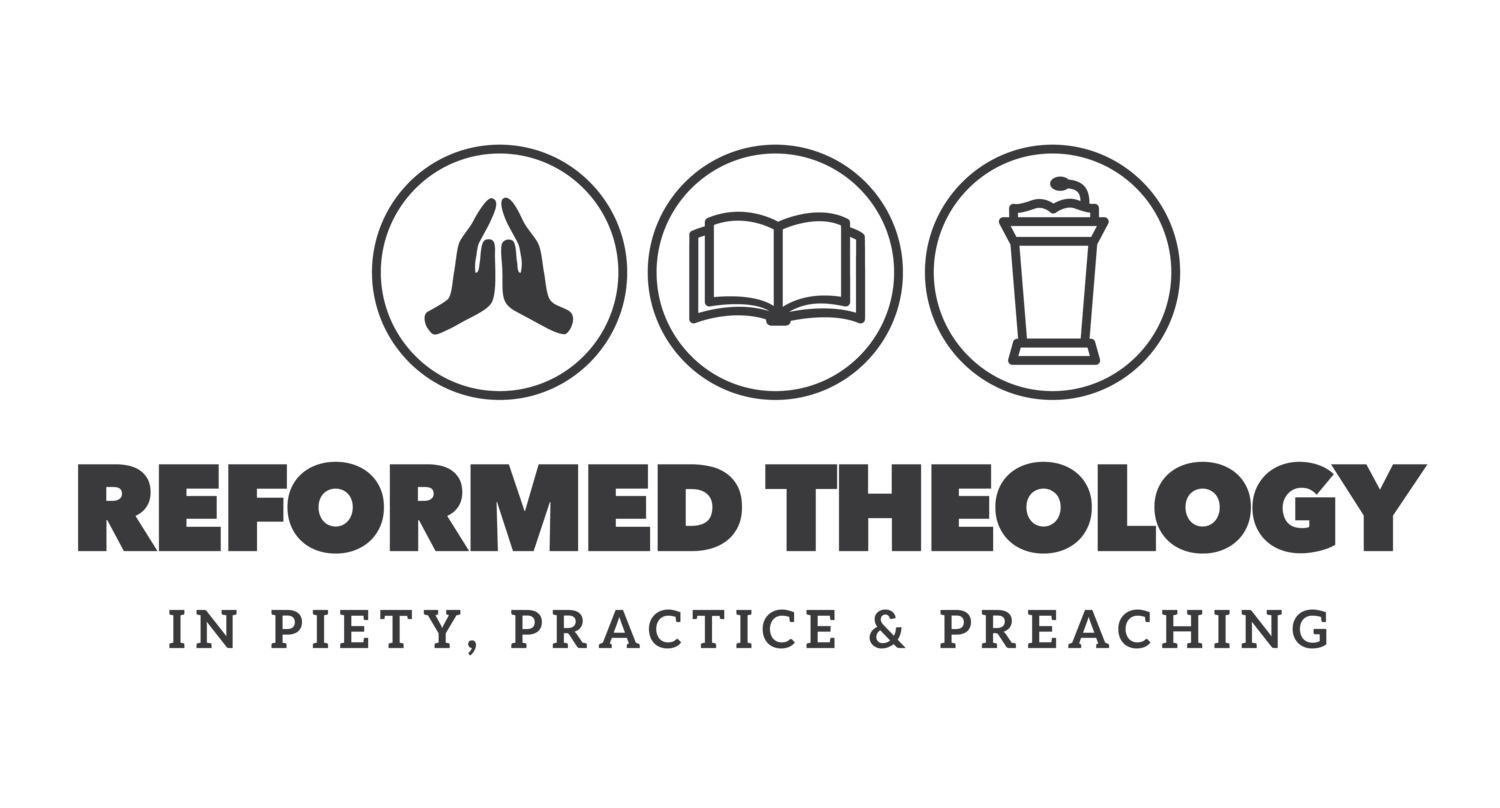One of the most challenging things I encountered when I first attended seminary was the number of new terms and words. I think terminology, whether the technical terms of theology, or the fancy fifty-cent words scholars like to use, can be intimidating. Do I really need to know what Heilsgeschicte is and really, what does obstreperous mean? As I started in on my first reading assignments I quickly realized that I needed to buy a dictionary. So I marched off to the campus bookstore and bought a small theological dictionary, one that I still own and use, and then I went to my local Wally-World and bought a small paperback Webster’s Dictionary.
Admittedly, at first, my reading was slow going. From time to time I had to stop, look up a word, write its definition in the margin, and then continue. The first time I read through Calvin’s Institutes I kept a rather large book mark and wrote down the new words I was learning with a one-word definition or synonym next to it. As I encountered the same words again, I simply glanced at my bookmark to recall the meaning of the word I was trying to learn. When I worked in the library, I listened to theology lectures on my Sony Walkman. I regularly heard words I didn’t know so I would make a pit stop by the Oxford English Dictionary and flip through the massive tome to look up the new word and then continue with my work.
The more I did this I discovered that I started to learn! I found that I was looking up fewer and fewer words. What would take me an hour to read was now only taking twenty minutes. All of this is to say, don’t let new words or the fact that you might not know something be an obstacle to learning. Buy a dictionary. There are a number of useful theological dictionaries out there. One of my favorites is Millard Erickson’s Concise Theological Dictionary. This book has simple, brief, one-sentence definitions for a myriad of theological terms. I think my absolute favorite is Richard Muller’s Dictionary of Latin and Greek Theological Terms: Drawn Principally From Protestant Scholastic Theology. This dictionary, I believe, is one of the best resources for theological studies. If you want to learn classic theology, then owning this book is a must. In fact (nerd alert), I read the dictionary from cover to cover. It was a fascinating read.
These days, looking up words is very easy—just type “Define” and then your word into Google and it’ll flash a definition in a matter of nano-seconds. There is no excuse! You can learn. You have the resources. Don’t let terminology pose an obstacle to your efforts to learn. Don’t be lazy! And don’t be unfair. Every single discipline, sub-culture, and subject has its unique terminology. Doctors have to learn the names of all of the parts in the body, computer techs have to learn what a dongle is, and surfers have to learn where the stringer and rails are on their surfboards. Don’t hold theology and the study of the Scriptures to an unfair standard. Buy a dictionary!
